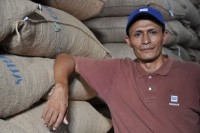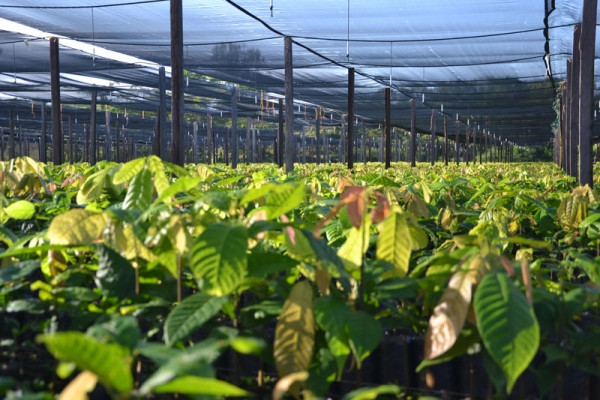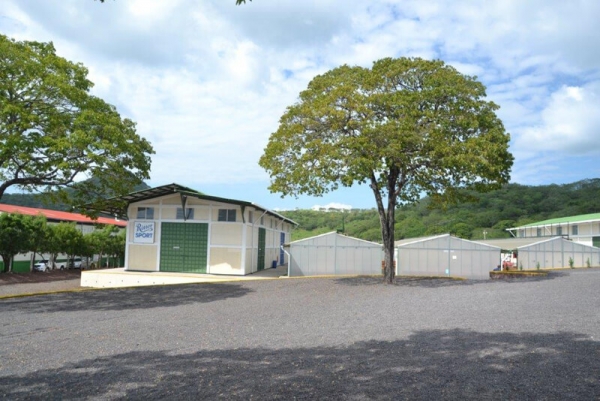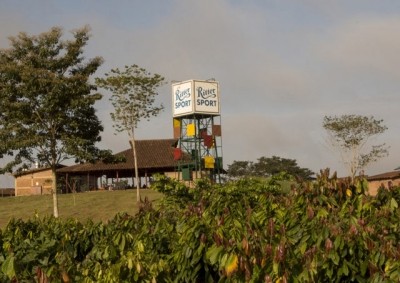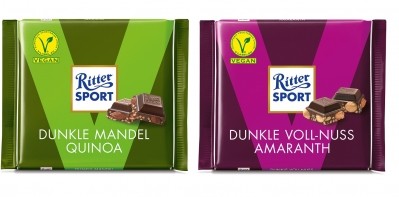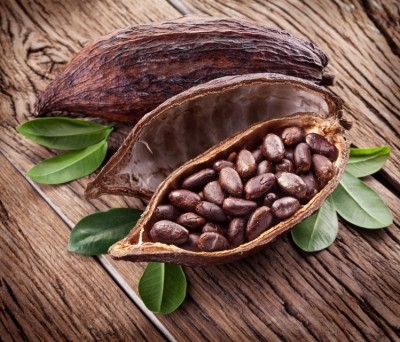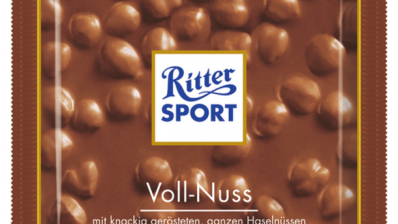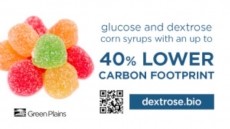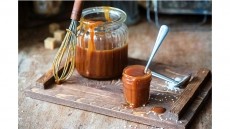Ritter rules out own cocoa label as it fast-tracks sustainability target
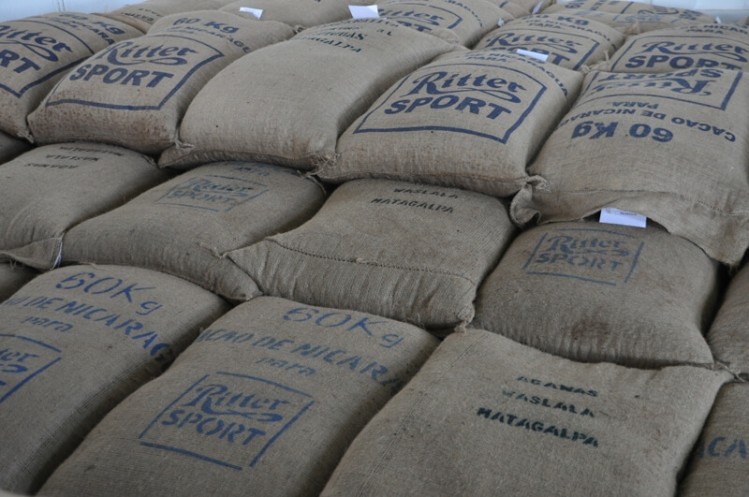
It will source about 20% of its cocoa supply as Fairtrade, but has no plans to use the Fairtrade logo.
It has also excluded creating its own sustainable cocoa logo as it anticipates sourcing sustainably will become the norm.
What is ‘sustainable cocoa’ for Ritter?
Ritter Sport requires around 12,000 metric tons (MT) of cocoa liquor annually for its brands. The company says: “‘Sustainable cocoa’ means cocoa certified according to internationally recognized standards such as Rainforest Alliance, fair trade, UTZ, organic, or produced using a process whose requirements do not fall below one or more of these standards, as assessed by an independent party.” Ritter has three pillars to source sustainable cocoa:
- Direct Sourcing (Cacao-Nica and work with Cémoi)
- Own cultivation (El Cacao)
- Purchasing certified cocoa (with Fairtrade, UTZ and others)
Certified cocoa supply increases
The company previously planned to source 100% sustainable cocoa by 2025 – following similar announcements by Mars, Ferrero and Hershey, all of whom hope to reach the target by 2020.
“Now we say we will reach it before 2020. Thomas Seeger, press contact at Ritter Sport, told ConfectioneryNews.”The offer of certified cocoa from our suppliers has increased.
"Our aim is to take within the next three years 20% Fairtrade certified cocoa. And with our own plantation, we will reach the aim,” he said.
El Cacao plantation
The company started setting up its own cocoa plantation in Nicaragua in 2012.
Today around 300 Ritter employees manage the 1,500-hectare ‘El Cacao’ plantation within an agro-forestry system with other crops such as bananas.
There are also 1,000 hectares of forest and wetlands next to the plantation to support biodiversity.
Ritter expects its first harvest from El Cacao by the end of 2016 with volumes set to be used for R&D initially.
Full yields will be achieved by 2025, which will eventually cover 30% of Ritter’s annual cocoa needs.
Single estate chocolate?
Asked how Ritter would use these volumes, Seeger said: "The taste in our assortment should remain the same, so we have to look at the varieties for which we can use cocoa from our own plantation.
“Maybe we'll get a pure Nicaraguan chocolate, maybe a small range [containing 100% cocoa from El Cacao] of maybe we mix it with other cocoa, it depends on the R&D."
Ritter Sport produces some bars using cocoa from a single origin - including one using only Nicaraguan beans - but does not market these as single origin chocolates.
Nicaragua received fine flavor cocoa recognition for 100% of its cocoa exports last year, which Seeger said will help Ritter market chocolate using cocoa from the country.
‘Labeling is not the end of the road’
Seeger said: "We have been thinking about our own [sustainability label]. But for us labeling is not the end of the road, it should be transparency."
Own cocoa labels
Some major brands carry their own sustainability logo on products. For example, Nestlé’s Cocoa Plan logo appears on the front of KitKat and Butterfinger Cups bars in some geographies, while Mondelēz uses its Cocoa Life logo at the front of UK Cadbury Dairy Milk bars and carries a “partnering with Faitrade Foundation” logo on the back.
He said there were already well-known certificates such as UTZ, Fairtrade and Rainforest Alliance as well many other labels such as organic and vegan-certified.
“If we are the 36th label we have to communicate to consumers what it means and how can we do that in Germany let alone the whole of Europe?
“This would be a lot of TV spending, so we do not take an additional certificate of our own. It is too complicated to communicate what it really stands for,” Seeger said.
Direct sourcing
The company has begun implementing a direct sourcing model with its supplier Cémoi in Côte D’Ivoire and hopes to expand further.
Under the model, it has direct contact with farmers, pays a premium and can influence cultivation conditions for example via training.
"We hope [sustainable cocoa] will be common sense one day - it will be just normal,” said Seeger.
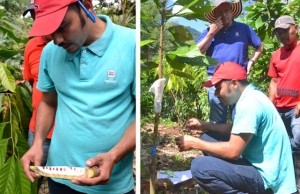
Cacao-Nica
For the last 25 years, Ritter has also been directly working with Nicaraguan cocoa cooperatives under its ‘Cacao-Nica’ project, which today covers around 3,500 farmers.
Ritter now sources so much cocoa from Cacao-Nica that it could convert its organic varieties or new vegan products completely to Cacao-Nica cocoa.
The company has also operated a purchasing and drying station in Matagalpa, Nicaragua since 2008. It does not control fermentation, but gives farmers the option to sell fermented beans to Ritter for drying.
Nicaraguan cocoa is typically cultivated in the rainforest with a moist atmosphere making it difficult to dry beans, whereas Matagalpa is located in a sunny region, better-suited to drying cocoa.
